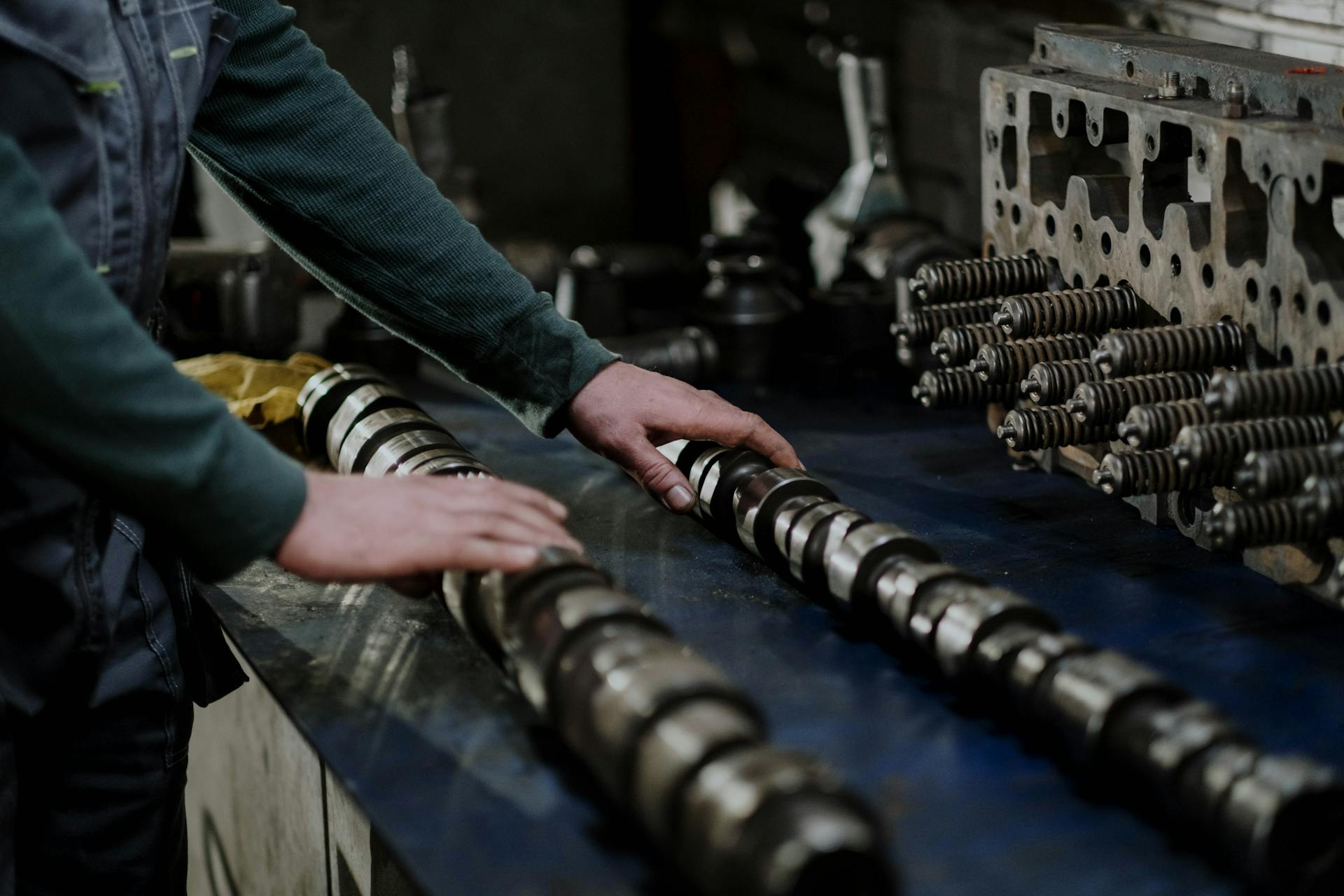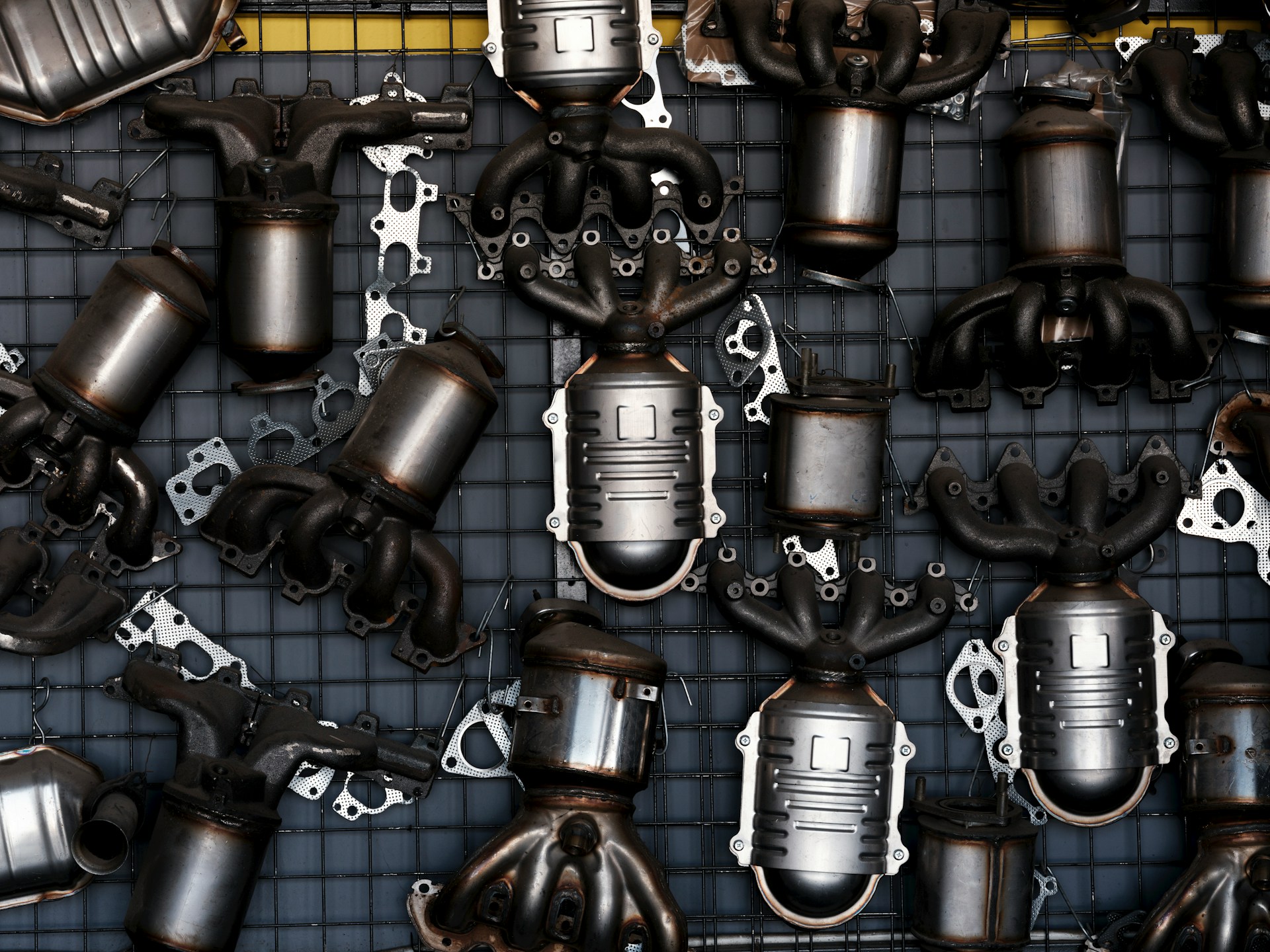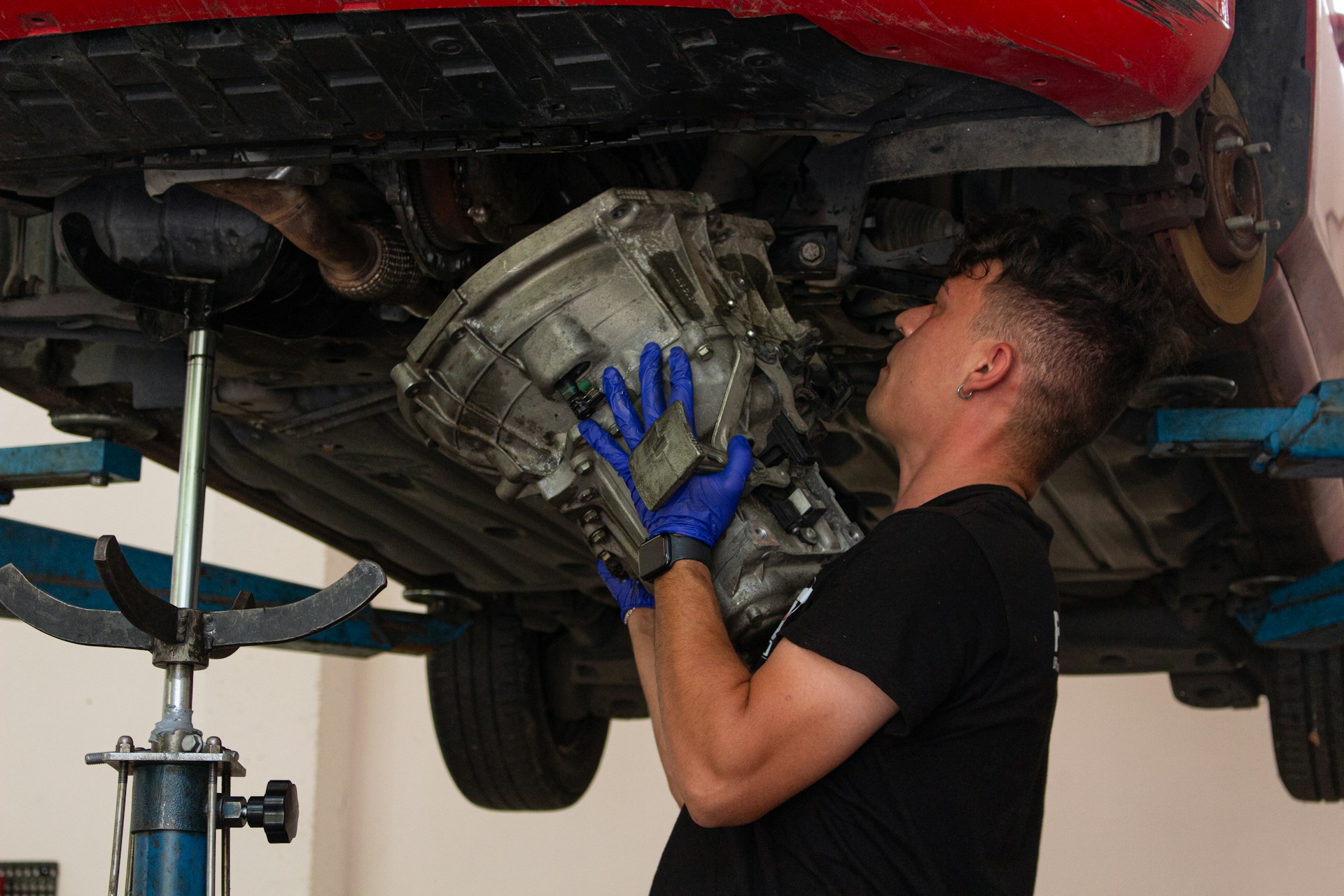
Replacing your car’s engine is a big decision that can affect your vehicle’s performance and your budget. Choosing the right used engine can save you money and keep your car running smoothly. But how do you know which used engine is the right one for your car?
Understanding your vehicle’s needs is the first step. Matching the right engine to your car not only restores its functionality but can also enhance its lifespan. Evaluating factors like engine compatibility and condition is crucial, ensuring that the engine will work seamlessly with your car.
It’s not just about finding an engine that fits, though. Considering warranties and return policies can provide added peace of mind. This guide will help you navigate through the process, making it easier to choose the perfect used engine for your vehicle, so you can get back on the road with confidence.
The first step in picking the right used engine for your car is understanding what your vehicle requires. Every car has specific needs based on its make, model, and year. Knowing these details will help you find an engine that will work well and meet performance expectations.
Start by checking your car’s manual or consulting with a mechanic to understand the original engine specifications. This includes horsepower, engine type, and other features specific to your vehicle. Knowing these details ensures that the replacement engine can do the job it’s meant to do.
Consider the reasons you’re replacing the engine. Was it due to a mechanical failure, or are you looking for an upgrade? Identifying the exact problem your current engine faced can guide you in choosing an engine that doesn’t have the same vulnerabilities.
Also, assess how you use the vehicle. If you drive mainly in the city or on highways, those details can influence the type of engine that’s best for you. A car used for long-distance travel may need a different engine compared to one used for short trips.
By clearly understanding and assessing your vehicle’s specific needs, you can make a more informed decision that not only meets but enhances its performance and efficiency.
Once you know your vehicle’s needs, the next step is ensuring engine compatibility. Picking an engine that fits your car ensures smooth installation and perfect function. This step is crucial, as compatibility can affect how well the engine runs and its overall life span.
First, determine the engine size and power requirements based on your car’s specifications. Using an engine that’s too powerful or too weak can disrupt the car’s balance and performance. Find an engine that matches those specifications as closely as possible.
Check and compare the following aspects for compatibility:
– Engine Size: Make sure the engine physically fits in your car’s engine bay.
– Fuel Type: Diesel vs gasoline engines are not interchangeable.
– Electrical Systems: Ensure the engine’s electronics align with your car’s system.
– Mounting Points: The new engine should align with existing mounts.
Another vital aspect is the vehicle’s drivetrain. If your car is front-wheel drive, the engine must suit that setup. The same applies to rear or all-wheel drive vehicles.
Taking the time to evaluate engine compatibility saves you from future headaches and ensures that the new engine integrates seamlessly with your vehicle. This attention to detail helps guarantee that the engine performs well over time, giving you the reliable performance you expect.
Before purchasing a used engine, inspecting its condition is crucial to ensure long-term reliability. Checking various components helps you avoid unexpected issues once the engine is installed in your car.
Begin by visually inspecting the engine for any obvious signs of damage. Look for cracks, rust, or corrosion on the exterior. These issues might indicate that the engine wasn’t well-maintained or stored properly.
Listen for unusual noises if you have a chance to hear the engine running. Knock or ticking sounds can be warning signs of deeper mechanical problems. Check for oil leaks, as they could mean worn gaskets or seals.
– Oil Level and Color: Look for the right level and a clean appearance, without a burnt smell.
– Compression Levels: Ensure the engine holds pressure effectively for optimal performance.
– Mileage: A lower mileage engine generally has less wear and tear.
If possible, get a detailed report or history of the engine. This will provide insights into its past maintenance and usage. A thorough inspection helps verify the engine’s condition, giving you peace of mind that you’re making a sound purchase.
Choosing an engine with a strong warranty and clear return policies can save you future headaches. These protections show the seller’s confidence in their product and offer you security should something go wrong.
Be sure to carefully check the terms of the warranty. Some warranties cover parts failure, while others might also include labor costs. Understand what is included and how long the warranty lasts. This information will be vital if you encounter any issues.
Consider these points when analyzing warranty and return policies:
– Warranty Duration: Longer warranties tend to offer more protection.
– Parts and Labor Coverage: Check if the warranty covers just parts or also includes repair costs.
– Return Conditions: Understand the terms for returning the engine if it does not meet expectations.
Additionally, well-defined return policies are important. They should clearly explain the process to follow if the engine needs to be returned. These policies can prevent nasty surprises if there is an incompatibility or hidden issue with the engine.
Reviewing these policies ensures that you are well-protected and gives you confidence in your purchase decision, knowing there is a safety net in place.
Selecting the right used engine for your car might seem overwhelming, but with the right approach, it can be a straightforward process. By carefully assessing your vehicle’s specific needs, ensuring engine compatibility, inspecting the engine’s condition, and understanding warranty details, you increase your chances of a successful purchase. This attention to detail not only extends your car’s life but also provides dependable performance.
Finding the ideal engine means your car can continue to serve you well for years to come. These steps help you make informed choices that prioritize reliability and longevity. When you’re ready to explore available options, turn to us at Airline Auto Parts. Our team is equipped to help you find and choose the perfect used car parts in Houston, TX, ensuring you drive away confident in your choice.

February 15, 2026 Why Drivers Turn To Used Car Parts In Ho...
When To Replace A Used Engine In Houston...

February 8, 2026 What To Ask Used Car Parts Dealers Befor...

How Used Vehicle Spare Parts Help With C...

February 1, 2026 Where To Start With Used Parts In Housto...

What To Expect From Car Parts In Houston...

January 25, 2026 Why Used Auto Parts Matter More During W...

Hidden Risks Of Salvage Car Parts In Hou...

January 18, 2026 The Right Time To Buy Used Parts In Hous...

January 11, 2026 Everything To Know About Used Diesel Eng...
Leave a Reply
You must be logged in to post a comment.